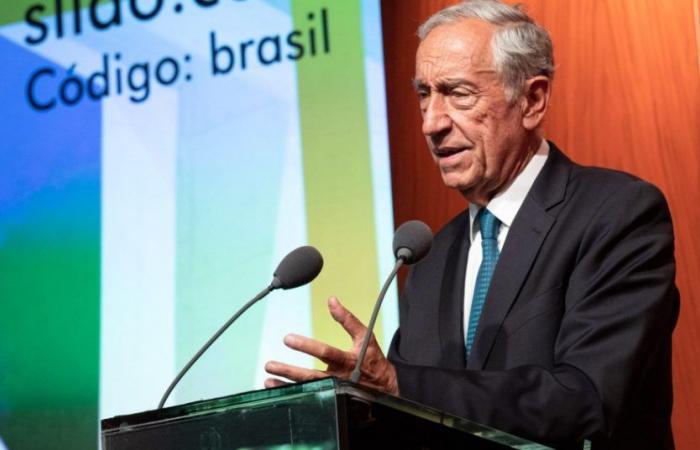The president of Portugal, Marcelo Rebelo de Sousaacknowledged during a conversation with journalists on Tuesday night 23 that his country was responsible for a series of crimes against Africans and indigenous people in colonial era in Brazil, and that he should pay for it. The Portuguese leader further stated that he suggested his government make reparations for the slavery.
“(Portugal) assumes full responsibility for the damage caused,” he said, referring to massacres of indigenous people, the enslavement of millions of Africans and looted property. “We have to pay the costs. Are there actions that were not punished and those responsible were not arrested? Are there assets that were looted and not returned? Let’s see how we can repair this,” he declared.
In the conversation, however, the Portuguese president did not specify how the reparation will be carried out. The idea of paying reparations or taking other action for transatlantic slavery has been gaining traction around the world, particularly among former British colonies, including efforts to establish a special tribunal on the issue.
Unprecedented position
This was the first time that a president of Portugal acknowledged guilt for crimes committed during the Brazilian colonial period. Last year, Rebelo de Sousa had already argued that his country should apologize for transatlantic slavery and colonialism, but now he stated that taking responsibility for the past was more important than apologizing.
Continues after advertising
“Apologizing is the easy part,” he explained.
Portugal was the country that trafficked the most Africans in the colonial era – almost 6 million, close to half of the total number of people enslaved by European countries at the time. At least 12.5 million Africans were kidnapped, forcibly transported long distances, mainly by European ships and traders, and sold into slavery.
To this day, however, little is said about crime in the country. Schools also do not address the role of the then maritime power in slavery.
Tags: Portugal recognizes guilt slavery Brazil talks reparations






